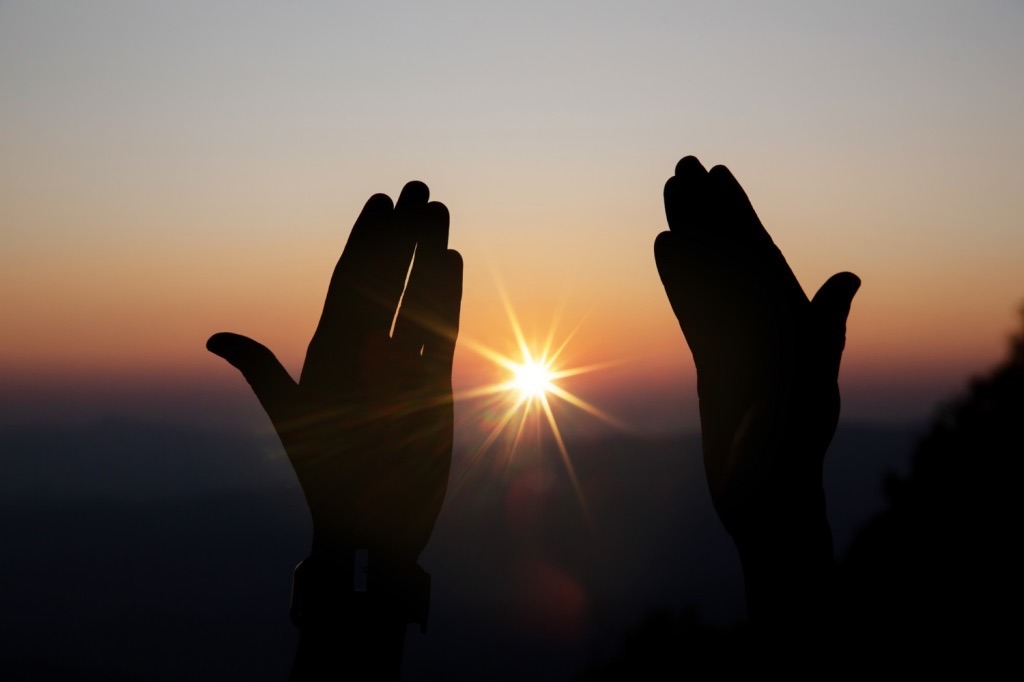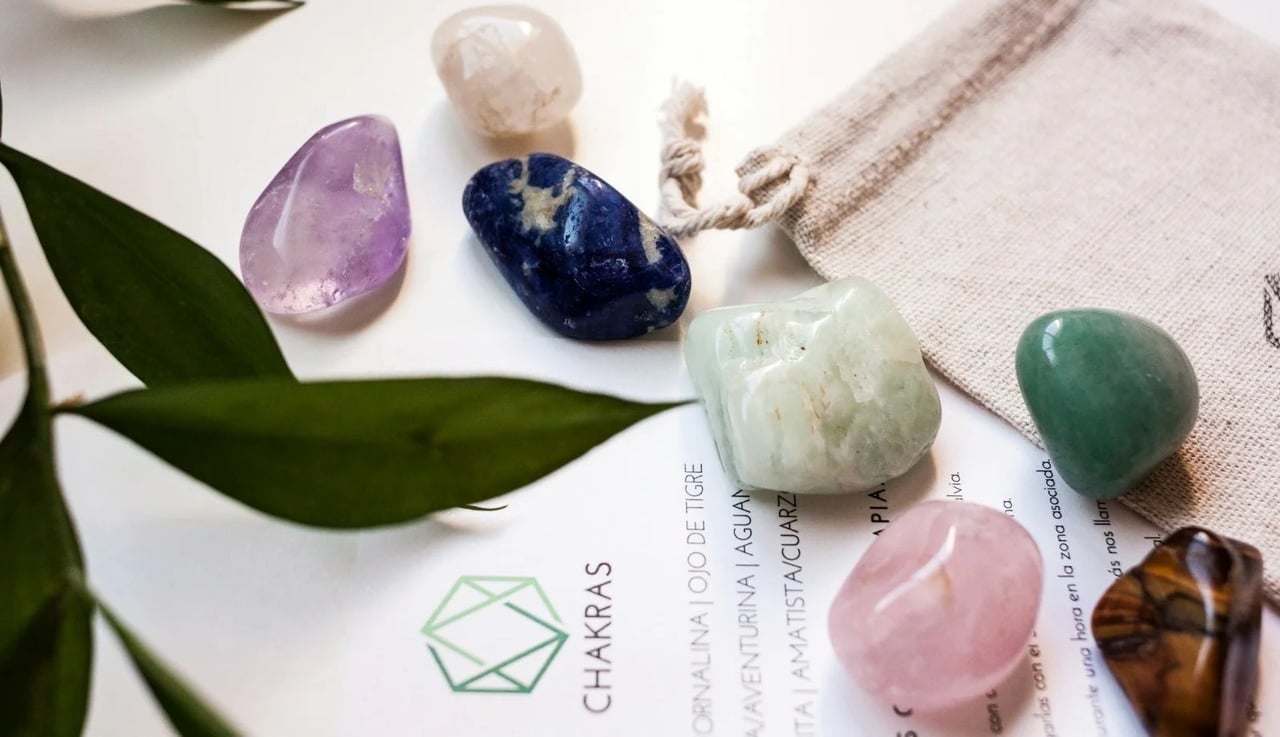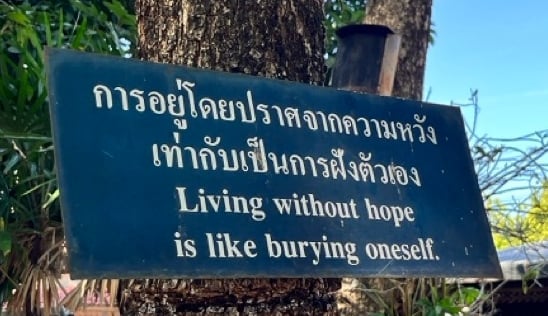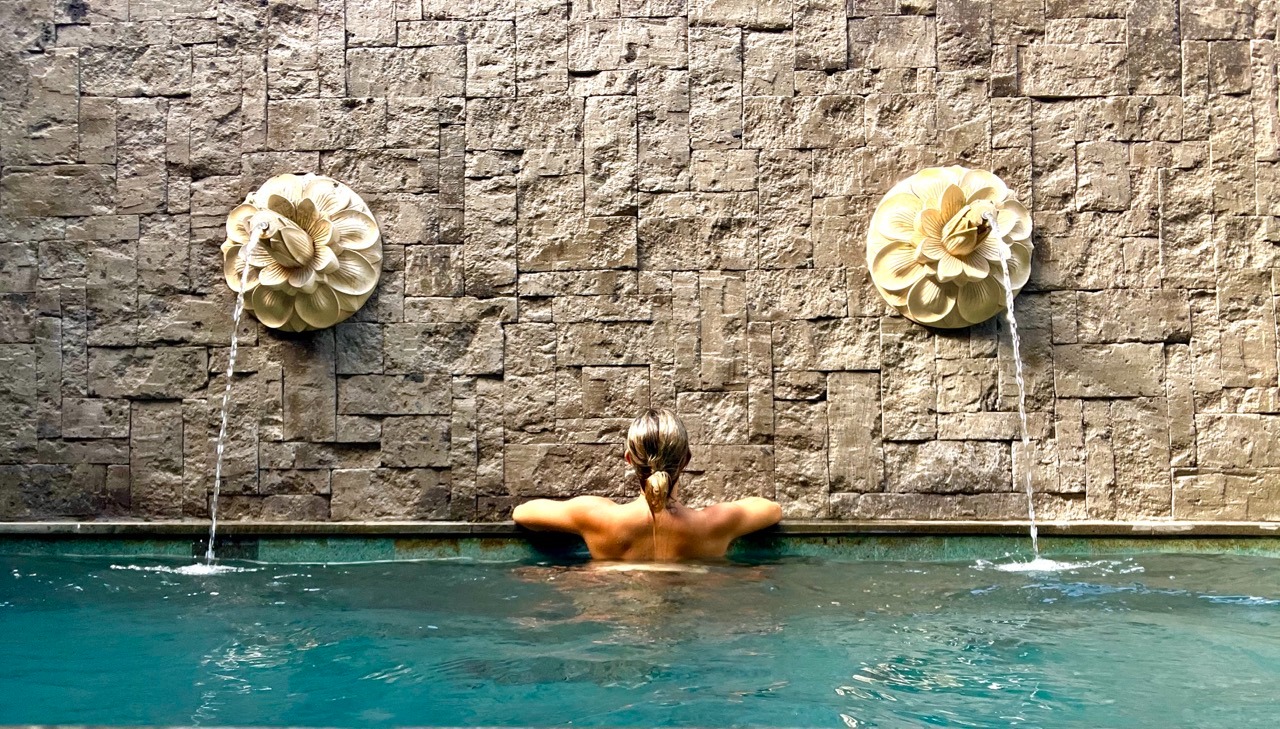What Spirituality Is (Not)
Have you ever wondered how to recognize the subtle signs of spiritual fraud? Could learning to trust your inner guidance be the most powerful protection you have?
ENERGY & SPIRITUALITY
8 min read
We, the curious, often question everything: from existence to relationships, from spiritual teachings to techniques for improving our mental and physical wellbeing. It's wonderful to ask (ourselves) such questions, but we also need to be patient and allow the answers to come in their own time.
One of the questions I often ask myself is what spirituality really is – how I perceive it, live it, practice it and whether I follow the inner drive for new knowledge and spiritual growth.
Defining spirituality is a paradox. Still, many would describe it as “the sense of connection to something greater than ourselves” or “the higher self,” which “usually includes the search for the meaning of life.”
The Early Stages of Spiritual Awareness
If we were to ask a few spiritually awakened people how their spiritual journey began - every one of them could point to a single event that triggered everything that came after.
There are countless ways this happens. For some, it's curiosity. For others, it's a traumatic experience or a meeting with enlightened individuals. Sometimes, however, it's simply a trend, a desire to be “cool” and belong to a certain group.
The need to belong to someone or something is part of human nature. In fact, the older we get, the stronger it often becomes. But belonging is a double-edged sword: in spirituality, it can either become a form of deep dependence or the doorway to true freedom.
That's why, when it comes to "spiritual belonging", we have to be careful to whom we trust, what we accept and what the real intentions of a group or its leaders are.
Three Clear Signs of a Spiritual Scam
A few weeks ago, I asked a lama (a dharma teacher in Tibetan Buddhism) what are the clearest indicators of a spiritual fraud are. He said:
“It’s very simple – sex, money, and power.”
This isn’t very different from the material world we live in - and it completely matches my own experience. A genuine teacher won't demand absurd amounts of money in exchange for wisdom, won't manipulate students into sexual relationships. It also won’t exploit their role in the community for personal power or control of any sort.
So why, then, are many false teachers and spiritual figures so common today?
And why do they seem to cluster in certain corners of the Earth?
Earth's Chakras
Many believe that just like human beings, our planet has seven chakras. Chakras are energy centers that provide information about our psycho-physical-emotional state and reflect inner balance.
When it comes to Earth, there are energy lines called ley lines, which wrap around the planet like DNA strands. They are believed to carry high-vibrational information. Where these ley lines intersect, an especially strong charge is said to exist - at places like the Himalayas, Jerusalem, Peru, Egypt, and other mystical lands.
In addition to these famous spots, there are many other high-energy points: the Bermuda Triangle, Mount Fuji, Bali, South Korea and several Thai islands, to name a few.
People experience these energetic places differently. For some, the energy can amplify what is already inside - both alignment with the true self and conflicts that still need healing. Facing this energy through presence, practices, and honest reflection help us become more attuned to our true self. This can be both unsettling and euphoric, painful and enlightening.
That's why islands so often become hubs for retreats, healing, meditations and tantric workshops. Each island carries its own unique energy - and with it, it reshapes our vibration too.
An Encounter with Fake Tantra
Once, I attended a retreat on Malta, advertised as being about tantra and tantric teachings. But what I found out was far from authentic.
True tantra is not a sexual practice. It's an ancient Eastern philosophy that integrates concepts like yoga, meditation, breathwork – practices that can, at times, awaken sexual energy, but only as a side effect of deeper awareness.
The retreat included several workshops and the idea sounded great. Like every retreat, it had a leader – a guru, a master. But from the start, I noticed something: the leader had an ego problem. His carefully calm voice couldn't hide the suppressed anger beneath his "spiritual façade".
When he explained the exercises, things felt off. Instead of focusing on partners, as one would expect in tantric work, he encouraged strangers to connect on "deeper" levels - regardless of personal boundaries.
The exercises were forced. The group walked around in a haze of artificial bliss, everyone smiling half-smiles, showeing each other with hugs, thanks and "love" as if on cue.
No one seemed to question anything. They were enchanted by the illusion of being in a "spiritual temple", doing "spiritual work", whatever that meant.
At one point, I refused to participate in an exercise that didn't sit right with me. He told me to "shut off my mind" and do it anyway. The exercise? Simulating sexual intercourse with a pillow in front of twenty strangers.
I laughed. My laughter angered him - because I was relying on my instincts rather than someone else's words.
The breaking point came when he very suggestively told me that I was "ready" for his next level tantra workshop - the kind where people are welcome to perform sexual acts in front of others, even allowing others to join in.
Excuse me?!
That was the moment I realized I was facing not spirituality, but spiritual manipulation.
We left immediately and never returned. Later, I unsubscribed from their mailing list when I received a “special offer” which included retreats for "only" 3000 EUR. Unsurprisingly, once again about tantra.
This kind of abuse is nothing new – it was documented on a global scale in the series Wild Wild Country . The important thing, though, is knowing how to energetically protect yourself, so that such energies don’t infiltrate your space.
How Spirituality Is ‘Supposed’ to Look
Let me reflect briefly on the behaviour I observed in that retreat.
There is nothing wrong with practicing gratitude - in fact, it is transformative. But there is a difference between true gratitude and forced gratitude with manipulative intent. When we focus on what we already have, what genuinely brings us joy, we see that what we think we're missing may not be essential for our happiness after all.
Another common trap is that many spiritual seekers disconnect completely from earthly life and experiences, thinking that doing so makes them "more spiritual".
But the real sign of growth is the ability to embrace both the good and the bad. Accepting the “bad” doesn’t mean faking happiness - it means feeling it, processing it and understanding why something happened. The fact that someone wears a smile constantly doesn't mean they are more spiritual than others. It is okay to feel anger, sadness and all the emotions we often try to avoid. We should not emphasize “positive” emotions at the expense of “negative” ones.
There is no real awakening or transformation without experience. We can't discover our soul's depths without daring to explore inside, often confronting fears, old beliefs and wounds. The process can be painful - and not everyone is ready for it. And that is perfectly okay.
Still, some people desperately chase out-of-body experience, quick fixes or just the feeling of being “spiritual.”
When I was in Peru, I considered trying energy medicine. But at that moment, I knew I wasn't ready to face my subconscious, my beliefs or my own truths.
Did that make me less spiritual that those who did ayahuasca? No - quite the opposite.
In my talks with spiritual mentors, I learned that there are countless (often shamanic) practices and techniques that can lead to the same, if not deeper, results. I’m not saying ayahuasca is bad. I am saying that before someone declares themselves a guru after a single ceremony, they might explore psychotherapy, or fasting, or meditation- or even just sitting in silence, observing thoughts as they come and go.
Everyone has a spiritual side. The question is: how do we accept it and how do we live it?
Spirituality isn't defined by clothing styles. Hippie or boho outfits are beautiful, but that doesn't mean someone in luxury clothes is less spiritual. Nor is spirituality tied to wealth or the lack of it.
We are also rational, earthly beings. Spirituality isn't found in a soft tone of voice or constant serenity - especially if behind that calm lies a storm ready to erupt. It isn't about denying pain, nor about forcing bliss and permanent smiles.
What truly matters is whether spirituality comes with freedom or with imposed rules and rigid control.
The lesson is clear: if someone insists there's only one truth and only one way to follow it, we're not looking at genuine spirituality.
Islands as Spiritual Havens
Although Malta was a good example of false spirituality, when I later traveled to Koh Phangan in Thailand, I again found entire communities of spiritual fanatics.
One of the local websites listed information about retreats, yoga, tantra and rituals performed daily. Considering my Malta experience, I approached this carefully, browsing the site for days, searching for something that resonated with me. Unfortunately, I mostly came across stories of abuse.
One of the biggest yoga schools in Koh Phangan had been closed for a year “due to renovations” after The Guardian published testimonies of people who had terrifying experiences. They described coerced sexual practices as “purification of body and spirit,” where tantra students were encouraged to have sexual intercourse with leaders - disguised as "the ultimate stage of healing".
Some retreats and leaders promised to make participants immune to diseases like cancer. Others pushed women to awake their wild, sexual energy" by treating men as expendable objects. Other schools, though, preached the opposite: that female resistance must be "healed" by sexual submission.
In times of uncertainty, when fear outweighs trust, fertile ground is created for false interpretations and exploitation. To put it simply: In times of collective fear, manipulation thrives.
Why Spiritual Manipulation is So Hard to Recognize
Once again, it all comes back to one thing: our need to belong. When we feel misunderstood, unsupported or isolated, we long for a group that "gets us". And in that emotional hunger, we become vulnerable.
That is why the primary targets of such groups are people in difficult life situations - insecure, sensitive, unsupported. They want to believe, to feel whole and loved. They're looking for relief.
And relief is exactly what gets promised. But instead of healing, many end up even more wounded.
Our Inner Guidance Knows What’s Right for Us
The beauty of life is in balance. There are authentic teachers, mentors and schools out there - those whose intention is to guide, not to exploit. A real mentor don’t impose but offers choice, knowing that not everything works for everyone.
We find true mentors once we become aware of our own needs and learn to trust ourselves. Then, full of faith, we allow ourselves to engage in the healing we're craving for.
Some of us may need to stumble through false experiences in order to recognize the real ones - but that's not a failure. Our intuition always points us back to the right path.
Because in the end: when the student is ready, the teacher appears.
Misconceptions About Being ‘Spiritual'










© COPYRIGHT 2026 KATARINA'S VOICE
